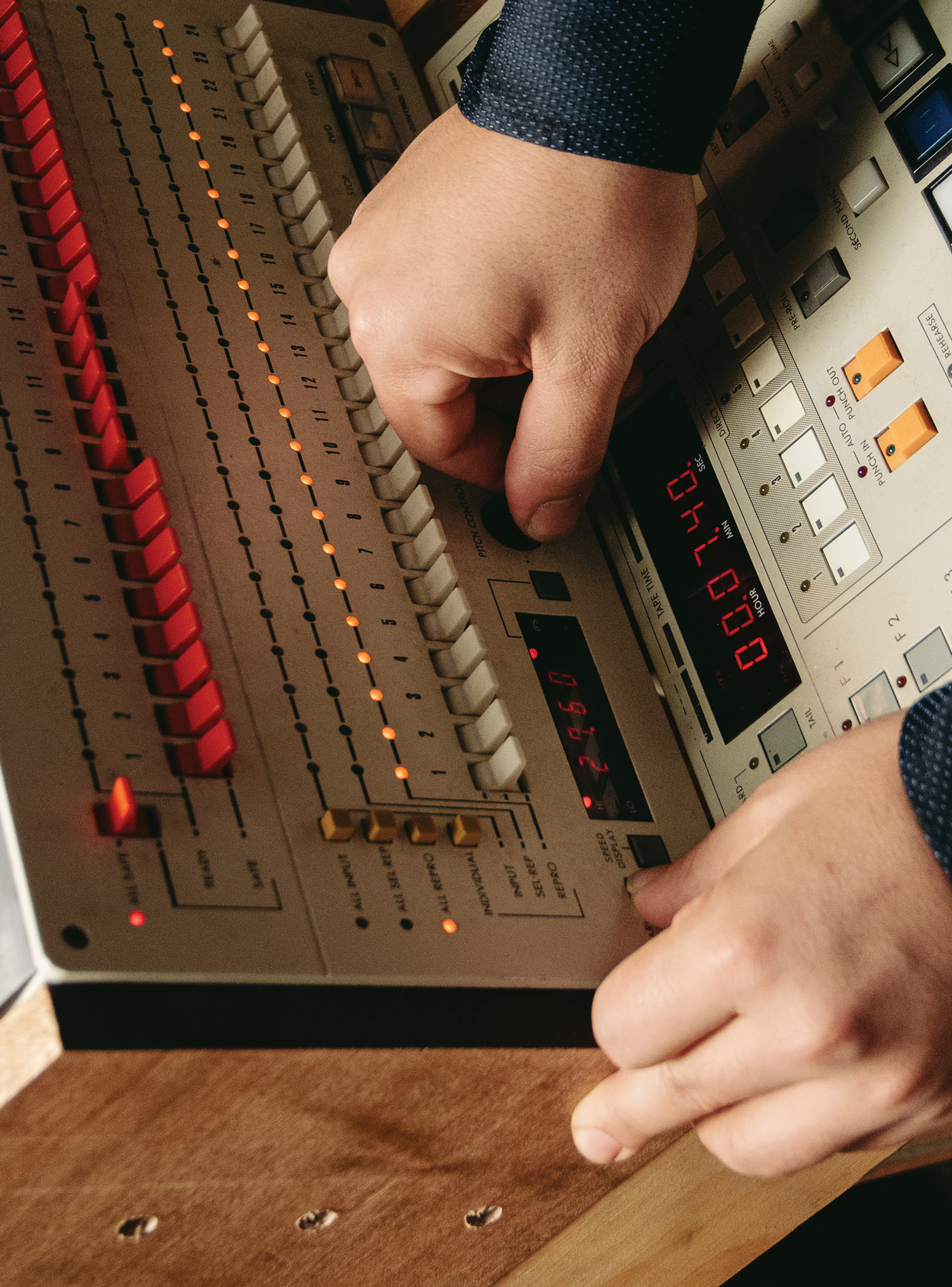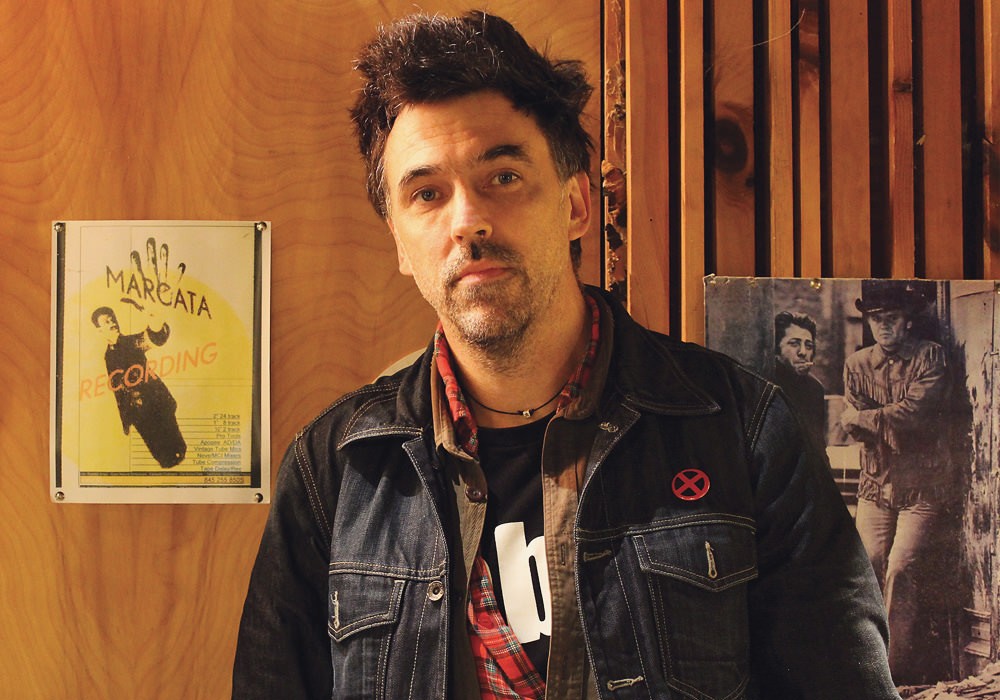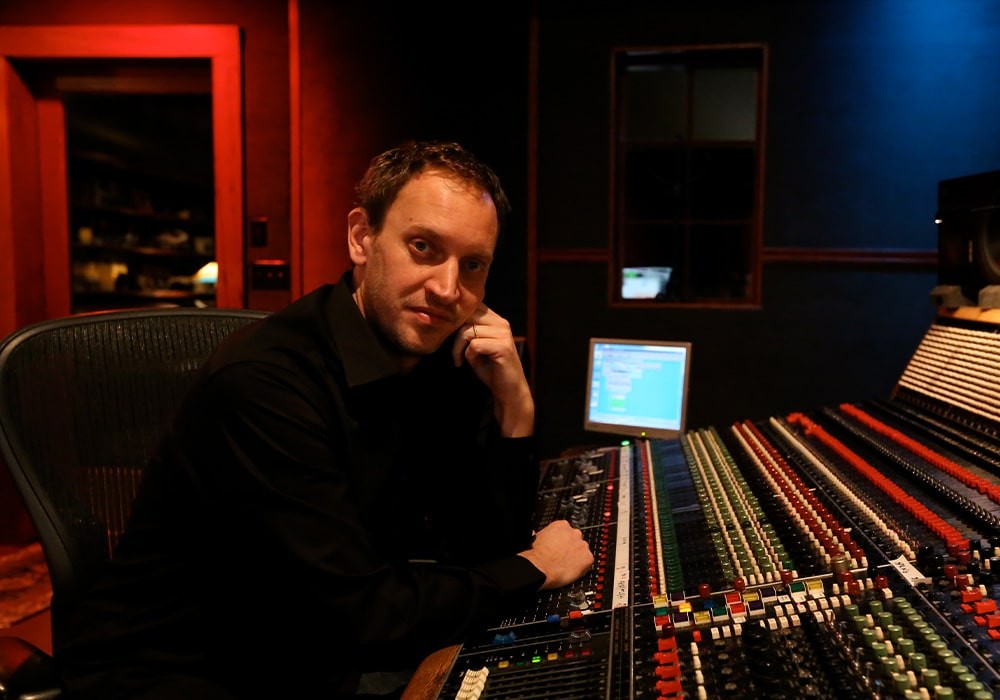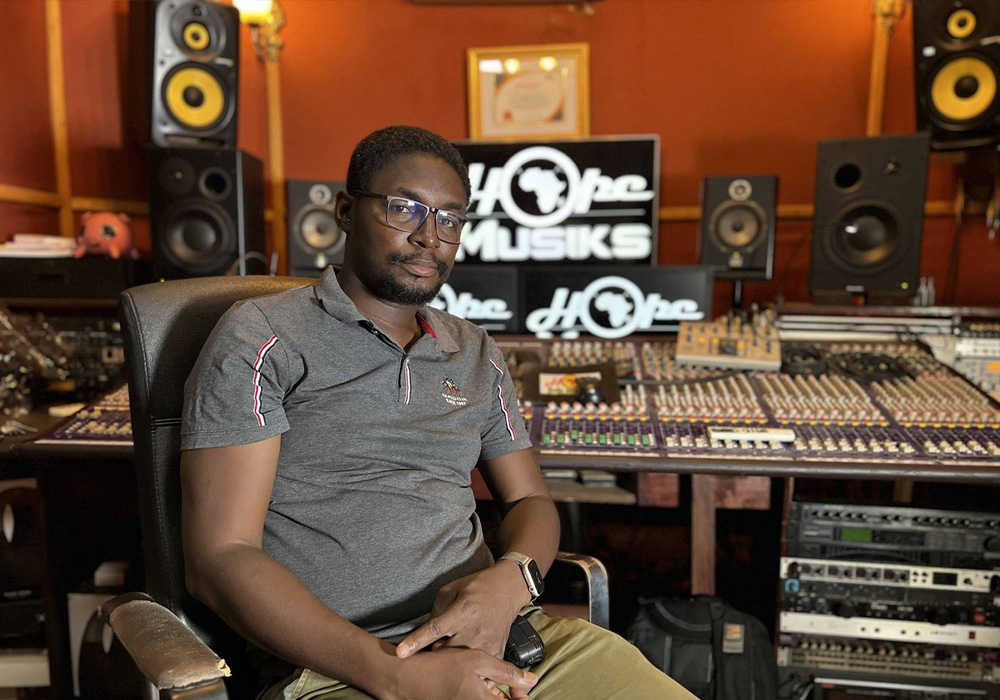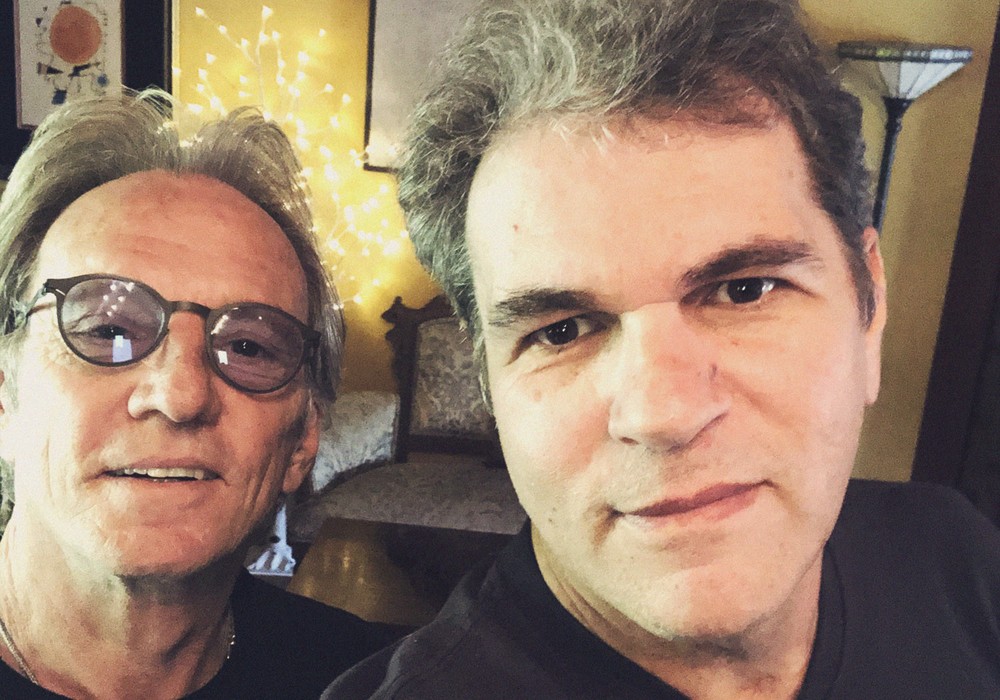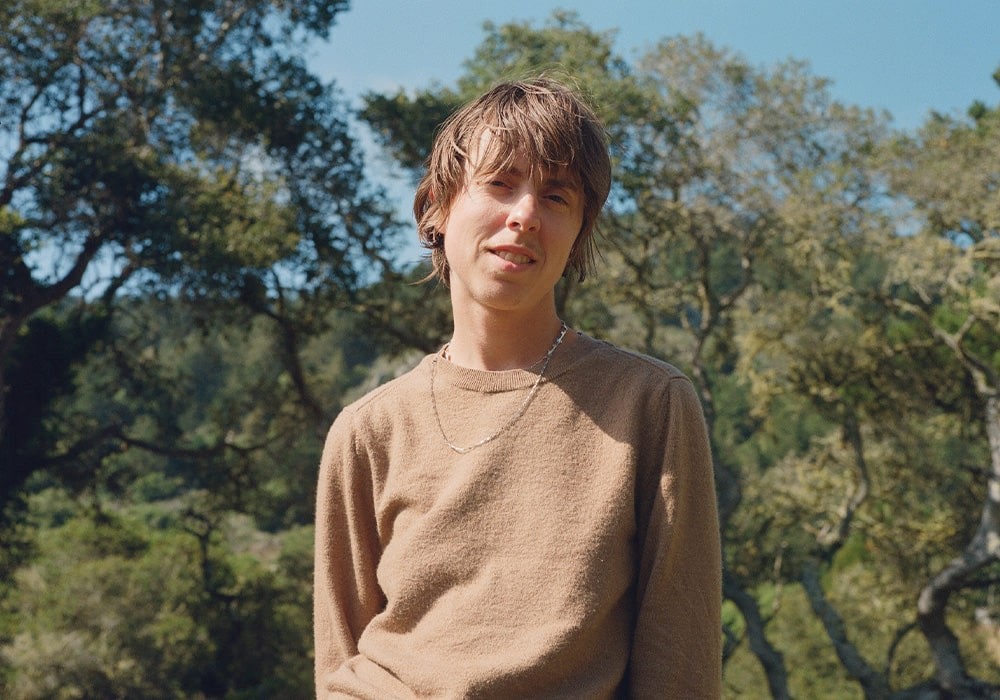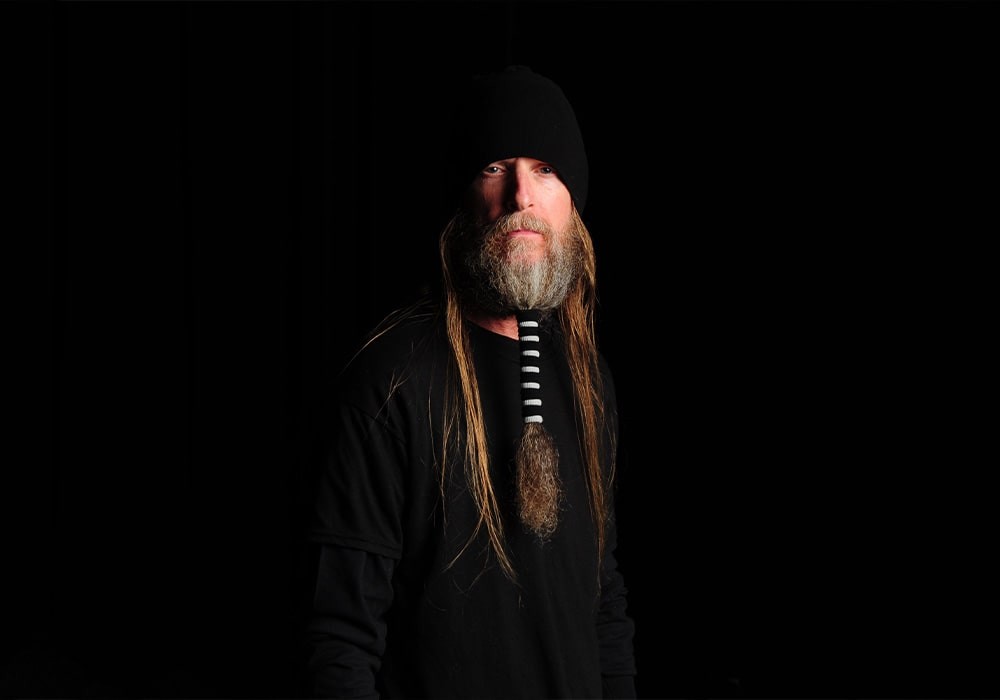The Middle Hudson Valley of New York State has long been a bastion of creativity, counterculture, the arts, and especially music. While Woodstock is the hippie hamlet famous for lending its name to the legendary festival, as well as as a hub for some of the biggest musicians and artists of the ‘60s and ‘70s, it is in New Paltz – a markedly younger town than Woodstock – where producer and engineer Kevin McMahon runs Marcata, a studio in a beautiful old barn. It is here where he has produced Swans, Real Estate, Titus Andronicus, Widowspeak, and more excellent artists that come to the pastoral isolation of Ulster County to record in peace. I drove up here to get the tour and discuss the perks of having a barn studio. Spoiler alert: There’s a grain silo for reverb.
What are the origins of Marcata?
The studio was started in Harlem by The Walkmen, and then later they had me run it. At that point we were working with a lot of the same bands. I was also doing live sound for them and a bunch of other people. I used to work at the club Brownie's, in New York. I knew about The Walkmen, but I had no idea they had a real studio. I had worked at studios in the city, but I just had a little setup in my basement up here in New Paltz when they asked me to run Marcata. I went and saw the space — it was a big liveroom, a control room, a tape machine, and a console. It was a great space, with a really live room, up at 138th and Broadway. The building had been some kind of Nash car production facility [the Nash Garage Building] way back when. It was a garage, so there was a helix ramp going up the middle. They rebuilt everything around it, so the live room was a very odd shaped and had two levels. There was an upper area, which consisted of brick walls, cement floors, a normal industrial area, and then a deep pit that was an eight-foot drop to another level.
When you put mics up in the rafters at the old Harlem location was it how you hoped it would be, or was it a tough spot to work with?
If you like a live sound, and I really like a live sound, then it was a dream come true. If you didn't want that, you were kinda fucked. The upper level was close to the ceiling, so I could put bands up there and the close mics really got them — the faraway mics would get just the room. But even cooler than that for reverb — and we did have a plate reverb — were the hallways of this space. There was a long catacomb that wrapped all the way around, with tall ceilings — that was priceless. I used that all the time. Columbia [University] kicked us out of that space, along with everyone else there, while I was also working at Bearsville Studios in Woodstock. It's up on the side of a mountain, and its A room was an airplane hangar-sized live room. There was the mix room I was told Bob Clearmountain [Tape Op #84] did a lot of his work in, which was looking at the smaller B room where [Meat Loaf's] Bat Out of Hell was recorded. They had a cottage, which was their smaller facility on the same property. Sometime in the ‘90s they closed the big complex and moved it all into the smaller cabin. They had hired me to repair the console, and when I was done they said they didn't have money to pay me but I could have time in the studio. It was all barter, and I had about a year in there where it was me and a friend of mine who were the only people using it. I thought I was going to move the Harlem location into that space, but the hammer fell with some legal issues at Bearsville. There was a bunch of equipment from those two spaces that needed somewhere to go very quickly. Then I found the current location of Marcata, which I knew about from being an audio tech and previously having them hire me to work on the console. I knew the barn was here, and I knew there weren't a lot of sessions happening in the space. I moved gear here as a temporary solution, and it ended up being like, "Wow, this place is really awesome." It's a pretty cool spot. I believe there's a bit of history in here. I've been told that one of Vic Chesnutt's early records, About to Choke, was partially done in the space with an awesome guy named Garrett Uhlenbrock. Everybody from this area, whoever was in a band over the last 25 years or so [prior to McMahon's moving in] has worked in here. But I don't really do...
